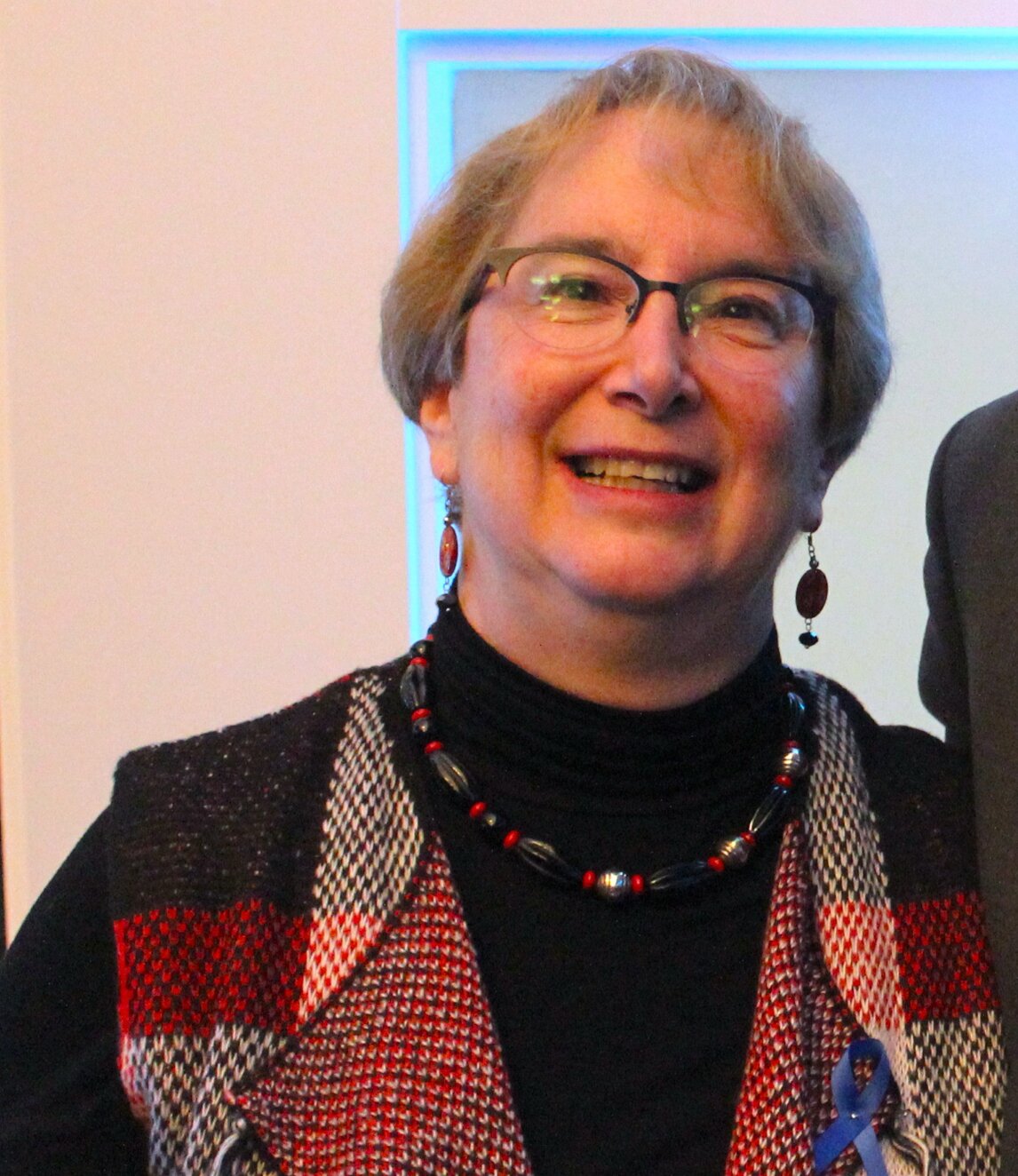Finding joy and meaning in Pesach during this difficult time Finding joy and meaning in Pesach during this difficult time
Pesach is a joyous celebration of our physical redemption from the land of Egypt. We host or attend sederim, during which we eat foods that connect us to the events of the narrative, we share the story of the Exodus, we sing songs of liberation and we eat matzah for the next seven or eight days.
However, as with the holiday of Purim, which we just celebrated, it might be challenging to find the joy and celebration while Hamas is still holding hostages in Gaza, while there is so much suffering and pain for both Israelis and Palestinians, and while the antisemitism that we are witnessing and experiencing here in the United States continues to occur unabated.
Many of us are feeling anxious and overwhelmed, helpless and vulnerable. In this context, it might be hard to focus on the joy and gratitude that are connected to Pesach and found in the haggadah.
Throughout history, there have been numerous times when the Jews were faced with the same conundrum: How can we celebrate at the same time that we are crying and scared? The rabbis who created the seder ritual were no strangers to these contradictions, for they too were bemoaning the loss of a way of life and their homeland after the destruction of the Second Temple.
The seder is structured in such a way that it provides the context to have both positive and negative emotions at the same time. There is the understanding that life is not always all sweet or all bitter. So, we dip the parsley, a symbol of spring and hope, into the saltwater of our tears. We eat the bitter maror with the sweet haroset. We have the Ashkenazic custom of eating eggs, a sign of fertility, in saltwater.
There is a midrash that states that after the Israelites crossed the Reed Sea and they, along with the angels, were dancing and celebrating, God was silent and did not join in the revelry. When the angels inquired why God refrained, God responded by stating, “the work of my hands is drowning in the sea and you sing songs?” (Sanhedrin 39b).
This powerful teaching reminds us that even at our moments of exhilaration and triumph, God commands us to feel empathy for the defeated. This value is exemplified through the custom of taking out 10 drops of wine (a symbol of joy) when reciting the Ten Plagues: our joy is tempered by the reality that others suffered in order for us to become free, and we are obligated to acknowledge their pain even when we are rejoicing. This year it can also be a symbol of our hurt and our pain.
There are many life lessons in the Jewish worldview. The understanding that life is bittersweet is one of the most important ones. Our history is rife with oppression, persecution and tragedy, and yet, we still hold onto the idea the life can be good, that there is hope and that we have blessings in our lives for which we are obligated to feel gratitude.
While our past informs our present, we are a forward-looking people who are ever-hopeful that the future will be better. We pray every day for the Messiah, or Messianic Age, and we believe in tikkun olam – that the healing of the world can occur and our Jewish teachings implore us to help bring that about.
The concept and belief in Elijah is a perfect example of this motif. Having never died, Elijah is seen as the harbinger who will bring in the Messiah or Messianic Age. This is why we chant about him at Havdalah, in the hope that perhaps, with this new week, we will see his appearance.
This is why we set aside a special Elijah’s chair at each baby’s birth, in the hope that this new child might be Elijah. This is why we place a cup of wine for him at the seder table and open the door, in the hope that just as we are celebrating our physical redemption from Egypt, we might also witness our spiritual redemption in the coming year.
All of these rituals underscore the understanding that while our reality is not one that is conducive to full celebration and rejoicing, we need to find balance and maintain hope.
There is a teaching that if a funeral procession and a wedding procession come to an intersection at the same time, the wedding procession has the right of way: We are permitted and allowed to feel joy, and are encouraged to do so even when it is hard. In this way, we are being true to our Jewish identities.
The themes and messages of Pesach and the seder are ones that resonate even more as a result of what is currently happening. The value and belief that everyone has a right to be free and to not hide their identity; the value of social justice that grows out of the events of the Exodus, of our need to protect the vulnerable because we know what it is like to be enslaved and unprotected; and the theme of hope for a better future that is woven throughout the seder.
By observing, we are being true to our identities; otherwise, we are letting the pharaohs of the world still enslave us.
May you all have a Zissen Pesach – a sweet and meaningful Pesach!
ANDREA M. GOUZE is a board-certified chaplain through Neshama: Association of Jewish Chaplains, and is the rabbi at Temple Beth David of the South Shore, in Canton, Massachusetts. She has been a proud resident of Providence for 30 years.








